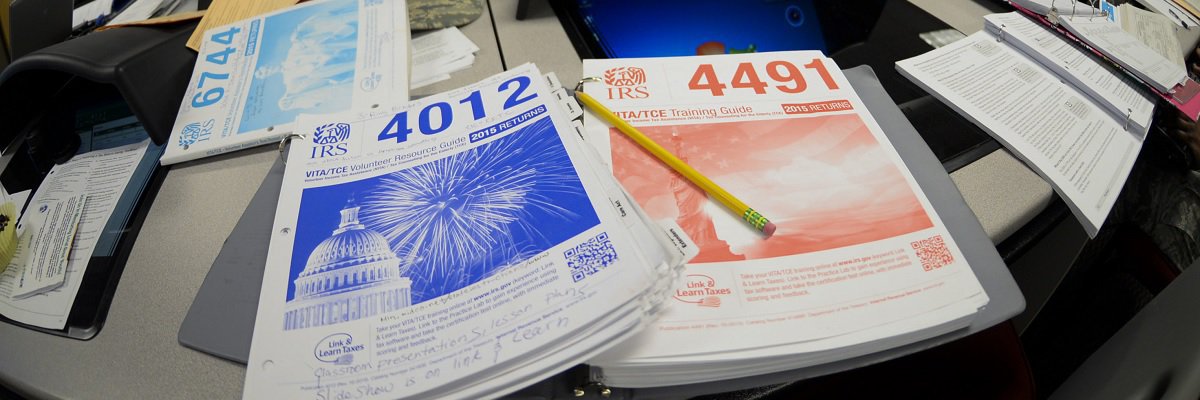New proposed changes to FOIA law in Washington D.C. could block access to government emails dealing with “matters unrelated to public employees and officials’ work,” among other restrictions.
The proposal called the “Freedom of Information Clarification Amendment” was introduced by Councilmember Phil Mendelson and is tucked away in a 160-page committee report tied to the city’s budget. In the report, page 157 details the amendment, which aims to clarify three major points in the state’s FOIA law.
Aside from setting standards for public officials’ communication, the amendment proposes that electronic records and information on personal devices must be subject to state FOIA. However, state FOIA already subjects personal devices to FOIA. According to the D.C. Open Government Coalition 2012 lawsuit, the Council has already agreed to require its staff and members to use government email accounts to search private accounts if there is a reasonable basis to believe that records subject to FOIA could be found there.
Furthermore, requesters would have to describe the type of public records requested such as, the names of the sender and recipient, date ranges, and a description of the subject matter of the public record or search terms in order for the request to be fulfilled. Yet transparency groups in DC widely oppose the amendment, calling it “substantially narrow” and “confusing” for the state’s FOIA laws.
## Do you have a records struggle in your state? Let us know!
“It is particularly troubling to us that the Council would propose to materially amend a statute that is meant to increase government transparency through such an opaque and truncated process, without official notice to the public and no scheduled opportunity for public input,“ wrote the DC branch of the American Civil Liberties Union in their opposition letter to Mendelson.
The DC OGC also submitted a letter of opposition to Mendelson and the rest of the DC Councilmembers, citing major problems with the definition of “affairs of government” noting that vague language could create a “high-level of uncertainty” and might empower some public bodies to deny access to information on a number of levels. This includes stricter access into police interactions with the public, enforcement of regulatory laws, handling of taxpayer dollars, and potential abuse of power.
“The proposed amendments would undermine the D.C. FOIA and constitute a step backward from the Council’s often- voiced commitment to transparency,” wrote the Coalition in their letter. “Comprehensive amendments that have been introduced to improve the FOIA process never received hearings. This misguided attempt to ‘fix” a phantom problem through a backdoor amendment that would curtail public access to government information is appalling.
Originally the Amendment was set to pass along with the city’s budget, but other councilmembers on the board, along with transparency groups, voiced their concerns in passing the amendment without a full hearing. As a result, the board is set to hear the item tomorrow, May 14th, along with the city’s budget.
The “Freedom of Information Clarification Amendment” is embedded below.
Image by tedeytan via Wikimedia Commons and is licensed under CC BY-SA 2.0




